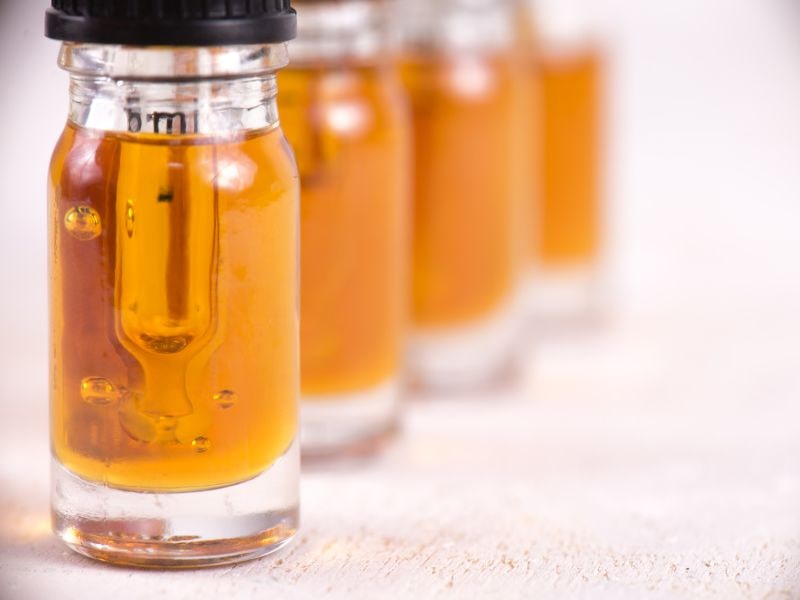
Cosmetics with the hemp derivative, CBD or cannabidiol, are on the rise – but what benefit do they offer to those living with skin conditions?
From creams to body oils, facial serums and more, more and more established brands are betting on cosmetics containing cannabinoids. Many of these products promise to cleanse, heal, and relieve the symptoms of inflammatory skin conditions.
Cannabidiol, or CBD, is a cannabinoid, a chemically active molecule found in plants of the Hemp sativa family, which includes hemp. Unlike the better-known cannabinoid, THC (tetrahydrocannabinol), CBD is not “psychoactive. In other words, it does not offer a recreational effect. Like THC, however, CBD does have some potentially effective health effects.
“I think topical CBD is a very promising treatment for skin conditions; in theory, it can decrease itching, pain, and inflammation. In the right form of application, it can also help heal the skin barrier,” said Peter Lio, who is clinical assistant professor of dermatology and pediatrics at Northwestern University’s Feinberg School of Medicine and founding director of the Chicago Integrative Eczema Center.
How can CBD help the skin?
Since the 1990s, scientists have known that humans (and many other animals) have a complex system of cannabinoid receptors throughout the body, including in the skin. This endocannabinoid system helps regulate and normalize many physiological processes, including pain, mood, stress, sleep, and immune system function.
The body produces its own cannabinoids that activate the system, and CBD and other plant-based cannabinoids also stimulate its healing effects. “Specifically, CBD has anti-inflammatory, anti-itch and anti-pain properties that make it extremely attractive as a medicinal compound, especially in dermatology,” Lio said.

Is there any scientific evidence that topical cosmetics with CBD improve symptoms?
There are few studies on topical CBD in people with atopic dermatitis. A small study published in 2019 in Clinical Therapeutics that included some people with atopic dermatitis found that a CBD ointment helps clear the skin and reduces itching and sleep loss caused by the symptom.
Research also suggests that CBD is antimicrobial, with some data showing that it works as well as antibiotics to kill Staphylococcus aureus. This bacterium can infect the skin of people with atopic dermatitis, triggering flares and other complications.
“The evidence in humans is still quite limited, which means it’s hard to know how well CBD works for eczema, or the key components needed for success,” Lio said. Clearer answers about CBD and eczema may be available soon. Results of a test of a CBD gel on about 200 people with moderate atopic dermatitis should be released soon.
So, are cosmetic products with CBD safe for people with eczema? Are they worth testing?
The research so far shows that topical CBD is safe.
“I think for adults who want to try a CBD topical, there’s little risk,” said Lio, who noted that many people claim to benefit from the products. Like anything else applied to the skin, CBD products can cause reactions, so test on a small area for a few days before applying them widely.
What else do I need to know before buying a CBD cream or oil?
Some CBD products are labeled as “stand-alone,” meaning that CBD is the only cannabinoid they contain. Full and broad spectrum CBD products are made with several cannabinoids, sometimes including THC.
Reputable manufacturers usually offer a certificate of analysis (CoA). Often found on company websites, CoAs are compiled by an independent, accredited laboratory and detail the amounts of the various cannabinoids in a product.
If you liked reading this article about 10% cbd oil, then go to their page for more info.
